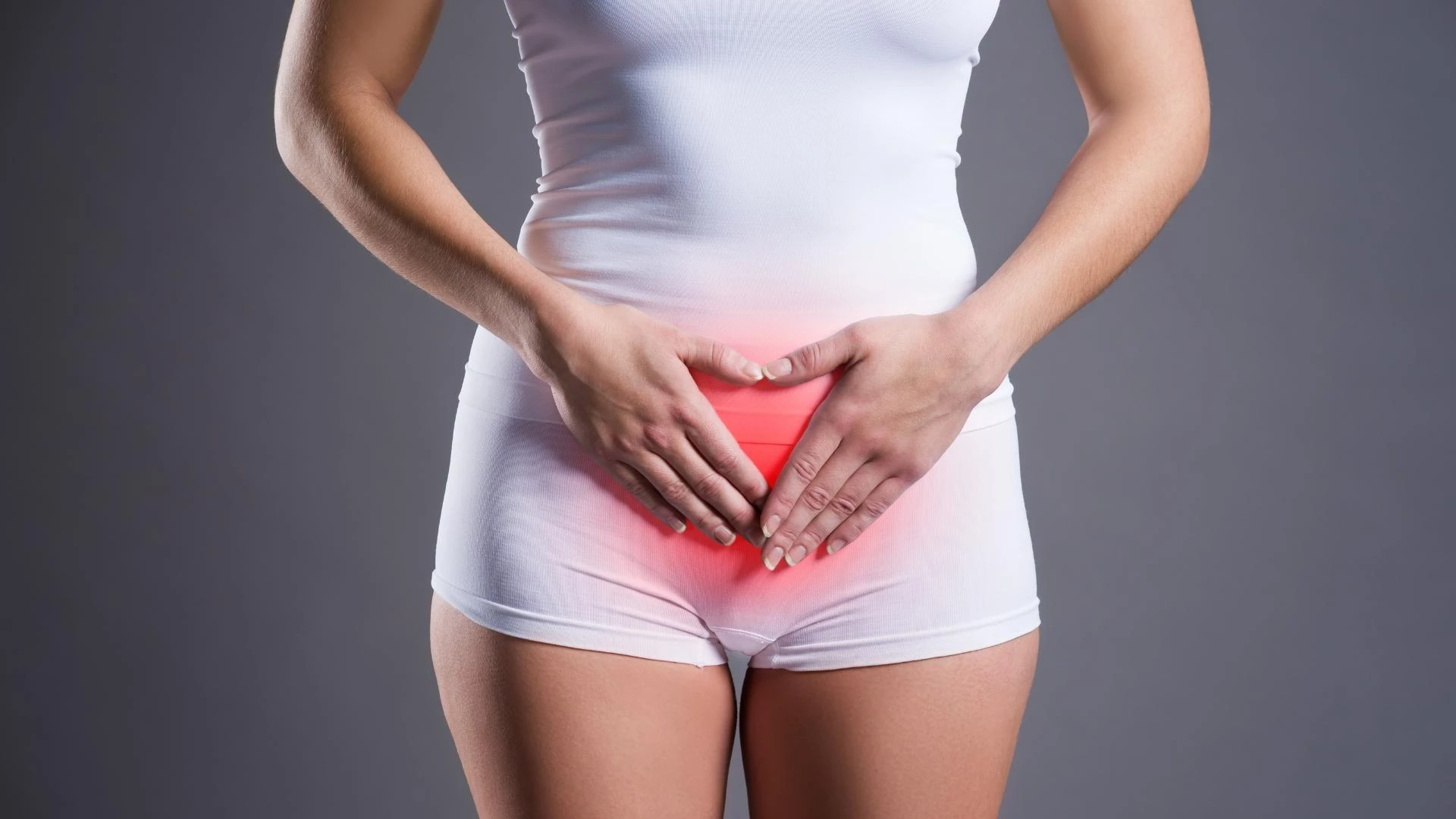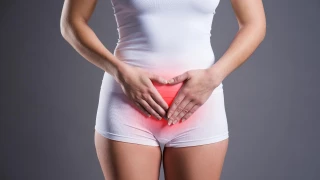
What is Cystitis?
- What is Cystitis?
- Symptoms of Cystitis
- Other Diseases with Symptoms Resembling Cystitis
- Causes of Cystitis
- Other Causes of Cystitis
- Diagnosis of Cystitis
- When Should Go to the Doctor
- Cystitis Treatment Individual Methods
- Prevention from Cystitis Disease Management
The condition called cystitis is an inflammation of the urinary bladder. If left untreated, it can become chronic and cause permanent damage to the urinary system. It occurs with symptoms such as burning sensation, ache, pain, frequent urination and less urination, urgent urination sensation, feeling of incomplete evacuation while urinating. Since it is a bacterial disease, special attention should be paid not to use antibiotics in the treatment. The most important and obvious cause of cystitis is bacteria called coli bacillus. These bacteria are abundant in the large intestine. In the formation of several risk factors, coli bacteria reach the urinary bladder and cause cystitis. Although this disease, which is more common in women, is not normally a serious disease, if neglected, it can become chronic and cause serious or even permanent damage to the urinary bladder, kidney and other urinary system. Cystitis is common in women between the ages of 20 and 40.
Cystitis is not always bacterial. Although it is rare, external interventions such as some drugs, radiation therapy or feminine chemical hygiene spray, spermicide gels, and long-term use of the catheter are among the causes of cystitis. The most common cause of cystitis lately is the use of antibiotics.
Symptoms of Cystitis
- Burning during urination
- Aches and pains in the groin
- Frequent or infrequent urination
- The feeling of not being able to hold your urine
- Feeling of incomplete ejaculation
- Foul-smelling, cloudy and dark-colored urine
- Pain during sexual intercourse
- Seeing blood in the urine
Other Diseases with Symptoms Resembling Cystitis
The diseases that are confused with cystitis and therefore cause wrong precautions and treatment are as follows. In order to prevent such mistakes, it is extremely important not to act individually and to consult a doctor for a correct diagnosis.
- Urethritis (inflammation of the urethra)
- Bladder pain syndrome disease
- Other bacterial infections (Fungal etc.)
- Prostatitis disease
- Benign prostatic hyperplasia (in men)
- Urinary system syndrome
- Gonorrhea
- Chlamydia Disease
- Candida Virus
Causes of Cystitis
Bacterial Infections
Cystitis occurs when bacteria that live harmlessly in the intestines and on the skin enter and settle in the urinary bladder through the urinary tract. The main reasons for this situation are as follows;
- Unhygienic sexual intercourse
- Toilet cleaning from back to front
- Use of tampons or tubing
- Diaphragm use for contraception
- Use of drugs to increase bacterial risk (Antibiotics)
The reason why women have more and more cystitis than men is that the anus passage is close to the urethra.
Other Causes of Cystitis
- Frequent and intense sexual intercourse, called honeymoon cyst
- Chemical irritants, soap bubbles, spermicide gel, etc.
- Use of a catheter in the bladder
- Using Radiotherapy
- Female circumcision (although it is illegal in Turkey, such cases are rarely encountered).
Diagnosis of Cystitis
- Anamnesis
- Urine analysis and test
- Cystoscopy
- Viewing
When Should Go to the Doctor
- If symptoms of cystitis are present
- If symptoms do not go away within a few days
- In the first recurrence of diagnosed cystitis
- If blood stains are seen in the urine
- If cystitis is suspected during pregnancy
Cystitis Treatment Individual Methods
- Drink lots of water
- Use a hot water bag
- Take a break from sexual intercourse
- Eat Cranberry
- Avoid alcohol and caffeinated beverages
Under Doctor's Supervision
The treatment method that your doctor will apply to you after the above-mentioned diagnosis is chronic and unnecessarily drug therapy. However, in other cases, surgery may be required in rare cases.
Prevention from Cystitis Disease Management
- At least two liters of water should be consumed per day,
- Avoid foods and beverages that may harm the urinary bladder, such as spicy, spicy, sour,
- Alcohol and coffee consumption should be avoided,
- Holding the urine can increase the body temperature and cause bacteria to multiply. Therefore, frequent urination should be done,
- Cleaning after discharge should be done hygienically from front to back and the area should be dried,
- Eliminate the use of chemical products such as deodorant, soap, powder in the genital area,
- Cotton and colorless underwear should be preferred, tight and uncomfortable clothes should be avoided,
- Urinating should be done after sexual intercourse,
- Estrogen creams should be used during menopause,
- Swimming pool and sea use should be avoided in summer.





